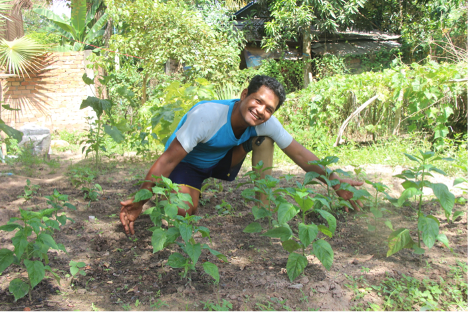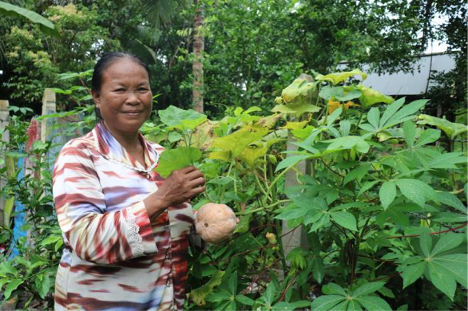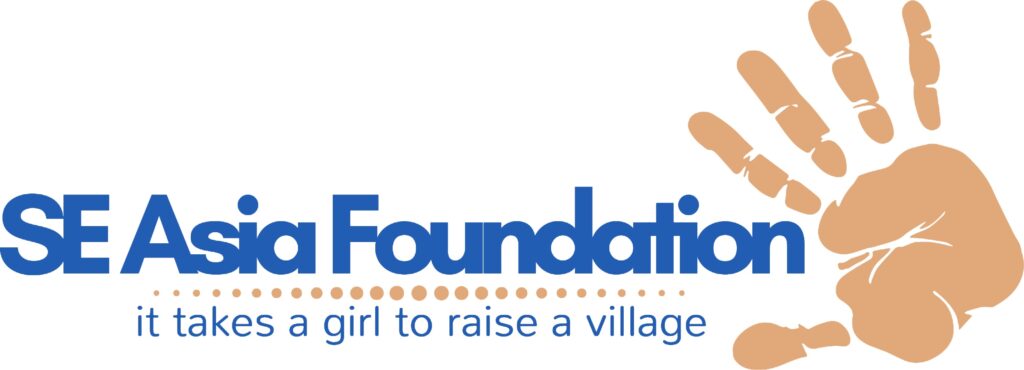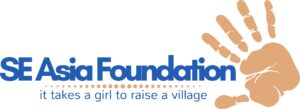
Yes, we’re facing a challenging time here in America. No doubt about it. Record levels of COVID. Lockdowns. Jobs lost. No fun at all.
But yet, I count my blessings every day. Why would I do that? Simple answer. Because I know first-hand what it’s like for the villagers in Southeast Asia right now.
In at least two of the countries where we work, the governments have done a commendable job of controlling the virus. In Cambodia for example, the number of COVID-19 cases is actually quite low. What is not low is hunger. Hunger brought about by the loss of thousands and thousands of jobs in those highly tourism dependent regions. And if that were not enough, the problem grows even worse as Cambodian expat workers lose their jobs in Thailand and elsewhere — and then return to their villages. Result: even more mouths to feed.
Food insecurity is a big-time issue for these villagers.
With our long-term, on-the-ground presence we know local organizations that can get this job done, and do it well. Cost effective. No wasted money. No corruption. Simply direct help for people that are willing to help themselves.
What does this look like? It looks like home gardening projects. It looks like training in pragmatic methods. It looks like vegetable seeds, fertilizer, tools, baby chickens, building materials, and coaching – all delivered by skilled volunteers.
Is this working? Let’s take a look at the story for Bronh and his family.

Bronh lost his left leg after stepping on one of the many land mines planted throughout Cambodia during the civil war. His wife was crippled as a result of an incorrect injection from a village doctor. Despite these challenges Bronh and his wife were able to find work – he as a construction worker and she as a silk weaver – and support their family, including a five year old daughter. Then COVID hit and they both lost their jobs.
Bronh was an eager participant in a local home gardening project directed by our partner – the Human and Hope Associaton. With support from them, he now grows eggplant, long beans, morning glory, cauliflower and bok choy.
In his own words, here is what Bronh has to say: “My wife and I lost our jobs and income because of COVID. Thank you so much for supporting our family. It has helped us a lot. Through our garden we can earn some income from sales and also use for our daily food.”
Here’s another story — this one from Mrs. Pala

A strong single mother, Pala lives near the famed ruins of Angkor Wat in a small house with eight family members. Before the pandemic she sold second-hand clothes in the local market. But when the pandemic hit, her business vanished. Then more and more of her grown children lost their jobs and began moving home. In her own words: “I was very stressed with no income and not enough food to feed my family.”
Now, with the help of a local organization – the Women’s Resource Center – she grows a variety of vegetables. Here’s what she says about that: “The garden means a lot to me. Because of these vegetables I can make food for my children and I don’t need to spend money to buy in the market.”
She finishes by saying: “Thank you for this support. I must be strong to stand up for my family and share with other families during this hard time.”
You, too, can make a difference like this.
So far, we’ve funded home gardens for nearly 300 families.
On average, $68 will provide another family with a garden just like the ones we’ve described.
Quite the bargain we think – all in the spirit of helping people help themselves.
One last note.
With sadness — and also with great appreciation for her fine service over the years — we’ve said goodbye to our long-time board chair, Candace Sellers as she moves on to other community activities.
And we are delighted to welcome our newest Board member, Mizuki Asano.
Life is Good — at least for some of us it is.
Others need a bit of help . . . and together . . .
we can provide exactly that.


